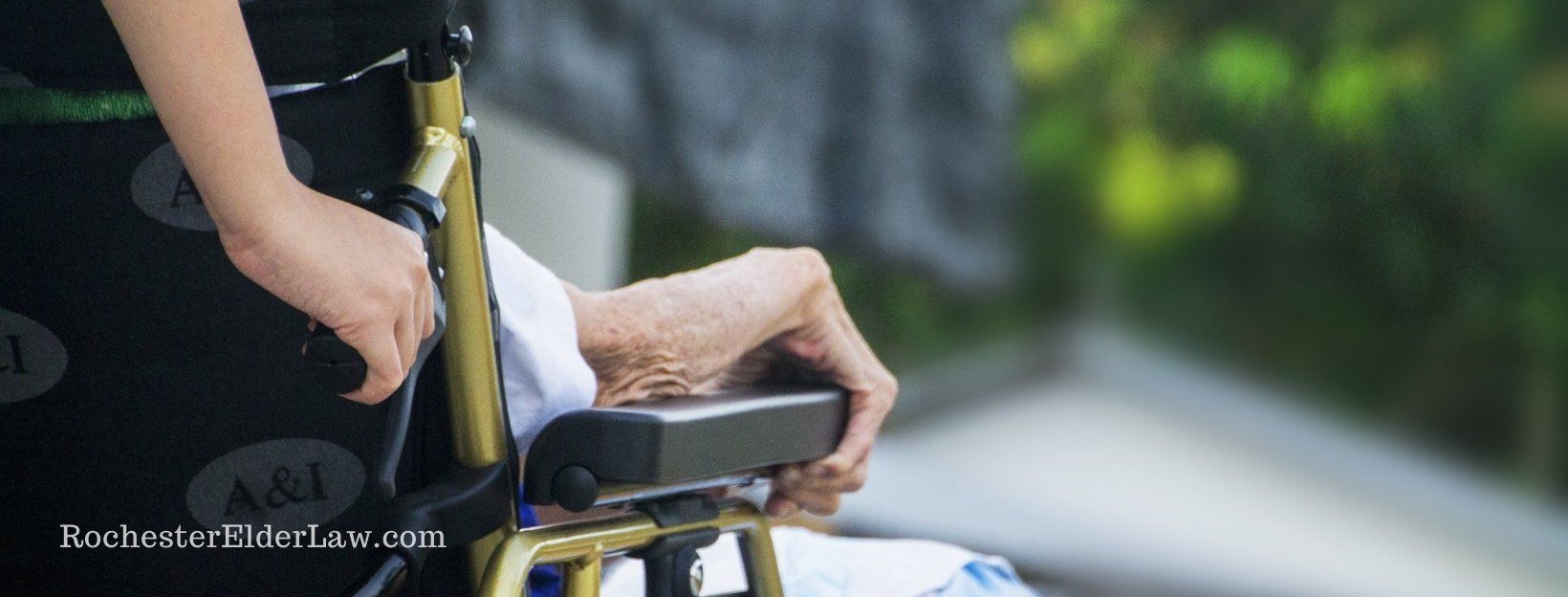
The 2021 fall flu season may see even more resurgent cases of COVID-19 on the heels of the summer Delta and Mu variants. Nursing home implementations of CMS protocols for resident visitation are becoming broader as lessons of isolation due to physical separation from loved ones and family has taken an emotional and physical toll on both residents and their families.
Nursing home residents in the US suffered severe consequences of high infection rates, morbidity, and mortality because of COVID-19. The combination of nursing home residents’ vulnerable health, inherent risks of congregate healthcare living, and inadequate infection control procedures during the pandemic equaled disastrous results for the elderly. In short, COVID-19 revealed a host of underlying problems that exist in US nursing homes.
State Legislation Goes Beyond The Guidelines
Now state legislatures are enacting laws that go beyond CMS nursing home guidelines to address the well-being of its residents. A review of state legislatures finds twenty-three politically and geographically diverse states have enacted more than seventy new COVID-19 related provisions affecting the operations of nursing homes. The laws cover a wide range of issues, but all ultimately are for the benefit of nursing home residents.
Connecticut law now permits its nursing home residents to designate an “essential support person” who can care for a loved one even during a public health emergency. In March 2021, the Alabama legislature enacted the “ No Patient Left Alone Act.” Like Connecticut’s law, it ensures that residents have an advocate by their side, not merely a visitor stopping in for a quick hello.
Other states are ramping up efforts to provide tablets and other devices through lending libraries. Residents can borrow devices to stay digitally “in touch” with their families and loved ones. Digital contact becomes necessary for some nursing home residents with families spread across the country and unable to make daily, even weekly visits to advocate for and combat their loved ones’ isolation. Connecticut spearheaded a digital device program in 2020, as have many states. This year, Illinois is reducing the cost of providing this equipment through grants via state funds received when health and safety violations of nursing homes reach a financial settlement.
Issues Nursing Home Facilities Face
Staffing levels are another issue the states are tackling. The office of the Attorney General of New York State in the Nursing Home Response to COVID-19 Pandemic report findings show lower COVID-related death rates in nursing homes with higher staffing levels. Arkansas Advocates for Nursing Home Residents Martha Deaver concurs that you end up cutting care when you cut staff. Addressing staffing shortages is a long-time response to a 1987 federal law requiring CMS facilities to maintain nursing staff sufficient to “attain or maintain the highest practicable well-being of each resident.” This vague standard has been tightening up through states setting their own more specific staffing rules.
Another element states are addressing is ensuring facilities are not receiving excessive profits from government payouts to care for residents. The state of New Jersey requires nursing homes must spend ninety percent of their revenues on direct care. New York deems the number to be seventy percent, including 40 percent to pay direct-care workers. In Massachusetts, regulations mandate nursing homes devote seventy-five percent on direct-care staffing costs with no more than two people living in one room.
These states’ patchwork protections for nursing home residents are part of the nation’s nursing home care regulatory system. CMS sets the minimum requirements providers must meet in their facilities to participate with the Medicare/Medicaid programs at the federal level. It is permissible for states to implement specific additional requirements, which is a long-standing practice. These additions, however, may not conflict with existing federal requirements.
Because each state can implement additional nursing home regulatory improvements, there are uneven nursing home care provisions throughout the country. In truth, it may exacerbate existing health care disparities despite financial status, race, or gender. Richard Mollot, executive director for the advocacy group Long Term Care Community Coalition, finds this hodgepodge approach “a poor substitute for comprehensive federal rules if they were rigorously enforced.”
If you are a nursing home resident or have a loved one who is, today’s best bet is to know the additional measures New York state provides for your continuing contact with your loved ones while the country waits for federal mandates to catch up to the needs. For any additional questions, please feel free to contact us.
more news you can use



Still have questions?
Tell us about your situation.

Centrally Located in Brighton
near Cobbs Hill:
1399 Monroe Avenue,
Rochester, NY 14618
Map & Directions
Weekly News & Updates
Subscribe now and get our FREE Guide, "The Top Eight Mistakes People Make with Medicaid Qualification"
Rochester Elder Law
All Rights Reserved
Legal Disclaimer: The information on this website is for general purposes only and is not legal advice. Content may change without notice. Please consult an attorney for guidance on your specific situation. Contacting us does not establish an attorney-client relationship. Do not send confidential information until a formal attorney-client relationship is established. This site may contain attorney advertising. Prior results do not guarantee similar outcomes. By using this site, you agree to this disclaimer.







